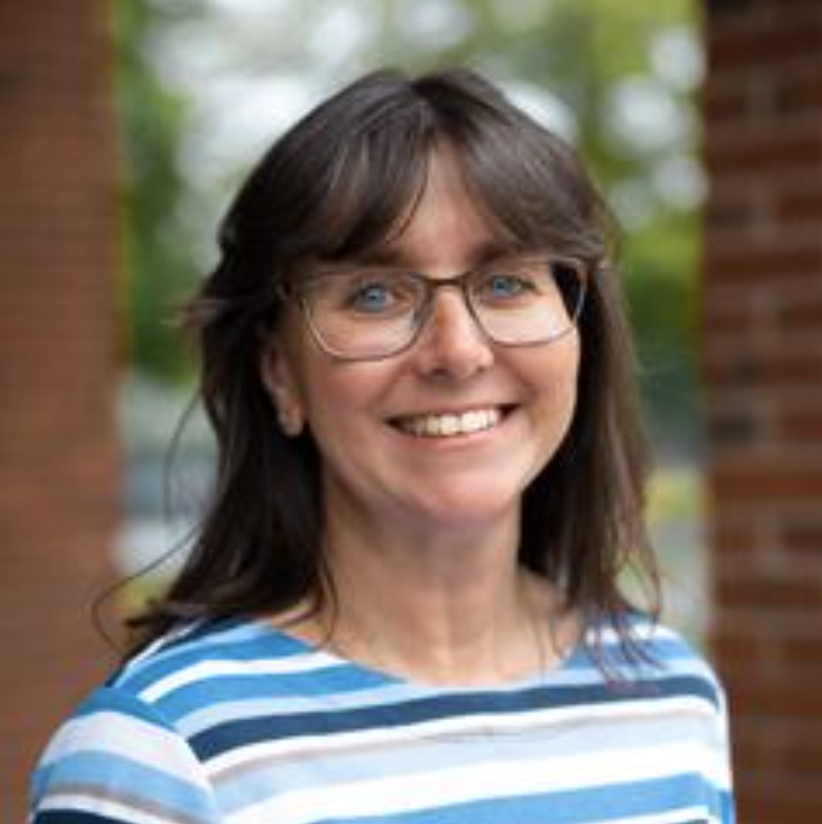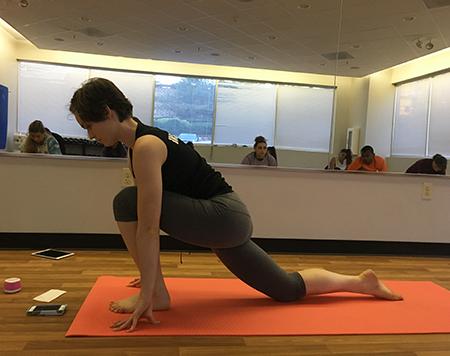As the Stevenson community adjusted to the ongoing pandemic, self-care had become a priority. While students and faculty members deal with the added stress of school and constant challenges of daily life, the continuation of self-care and discovery of new practices remain ever-present needs.
Self-care and tending to mental health have definitely been impacted during the pandemic, changing the way some view their health and their situation. “We were all forced to take a look at ourselves, during the pandemic, and that was very eye-opening,” said Lindsay Hamel, a psychology student at Stevenson University. At first, Hamel gave herself time to work on herself and do things she wanted to do, like clean her room and exercise. However, over time there was a slow decline with her self-care as restrictions continued. In her experience, self-care was a back-and-forth activity that she had to actively remind herself to do.

It’s important to practice self-care in order to maintain and improve physical and mental health. Dr. Angela Setzer, Ph.D., who has a doctorate in clinical psychology and is a psychology professor at Stevenson, emphasized the significance of taking care of one’s physical state, including your diet, physical activity and sleep. “I think that diet is an important thing that we should think about because it’s easy for us to say, ‘Oh there’s our snack cabinet and I’m just going to grab that Hershey’s bar!’” stated Setzer. She advises people to think twice and chose more beneficial and nutritious food.
Setzer also noticed how talking and communication have been important and helpful. She observed how at the beginning of the pandemic some of her Facebook friends were expressing loneliness and a sense of isolation. She explained how those people had felt alone, and reached out to friends, family, and professionals for help and to make connections. Communication among students was also something she noticed when remote classes resumed. “Students are appreciating break out rooms more because they can then have someone to text, and create those chats with,” said Setzer.

Another self-care practice that Setzer advised was to try meditation and breathing exercises. She tried the four-seven-eight method with her health psychology class, where every morning she encouraged her students to try this breathing exercise to help them relax. This breathing exercise is when one breathes in through their nose for four seconds, hold for seven seconds, and then breathe out for eight seconds through their mouth; and to repeat this exercise around four to five times. Setzer encourages this activity because positive thinking and breathing can be very beneficial to one’s mental and physical health.
Those interested in breathing exercises and guided meditation can visit these UCLA Mindful Awareness Research Center videos for further assistance. Stevenson also launched the new Student Assistant Program (SAP), that provides students with free and confidential support for any mental or physical health issues they are experiencing. Those interested in SAP can visit https://portal.bhsonline.com and enter the username StevensonU to begin. A student care coordinator will be assigned and in contact with the particular student to help. Another option for telemental health services is to contact the Wellness Center at 443-352-4200 or wellness@stevenson.edu for confidential counseling and referral services.


























































